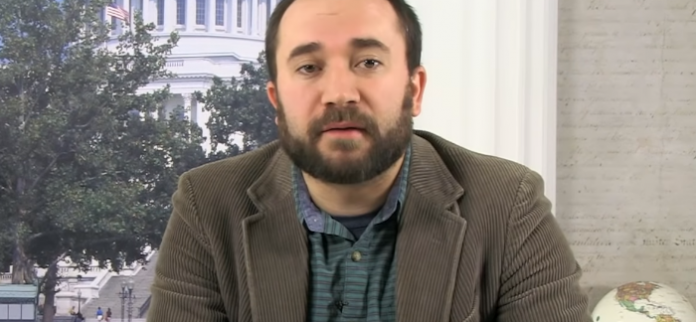Federalism is a government system which divides its power. Each group or entity which receives power shares control over a specific area with other forms of government. This is the type of government that is found in the United States, as national, state, county, and local laws may all apply.
Here are the pros and cons of Federalism to consider.
List of the Pros of Federalism
1. It reduces the red tape.
Because multiple layers of government are available, it is easier to meet local needs with Federalism. Local officials can understand what is required without trying to petition higher levels of government.
2. It gets people involved.
People can work together to self-govern under a structure like Federalism. From school boards to city commissioner positions, people are encouraged to run for local elections and help their communities in a variety of ways.
3. It reduces government influence.
With multiple layers of government in place, there is separation of powers. No single branch of government in Federalism outweighs the other branches. The separations which are offered are equal in power.
4. It offers proof of concept.
Since governing happens on the local level, Federalism gives local communities a chance to prove that new ideas work. This creates evidence for other communities to see, allowing them to make similar changes at the local level.
List of the Cons of Federalism
1. It can be a confusing system of government.
When there may be 4 different layers of law that must be followed, Federalism is a system of government that can be confusing. If you cross a state border or move to a different city, what was once legal might suddenly be illegal.
2. It gives more power to one layer of government.
Even though there are multiple layers of government, there is usually one that still rules over everything. In the U.S., national law is often given the priority over local laws. If the two conflict with each other, the national law may still be enforced.
3. It is used as a method of leverage.
Federalism creates a structure where funding can be dependent upon local activities. If a community refuses to comply with the national agenda, for example, they might lose national funding for roads.
These Federalism pros and cons offer us access to a political system where equality is emphasized, though it is not always implemented. It provides a structure where no one is in complete control. That also means it can feel like no one is in control.




